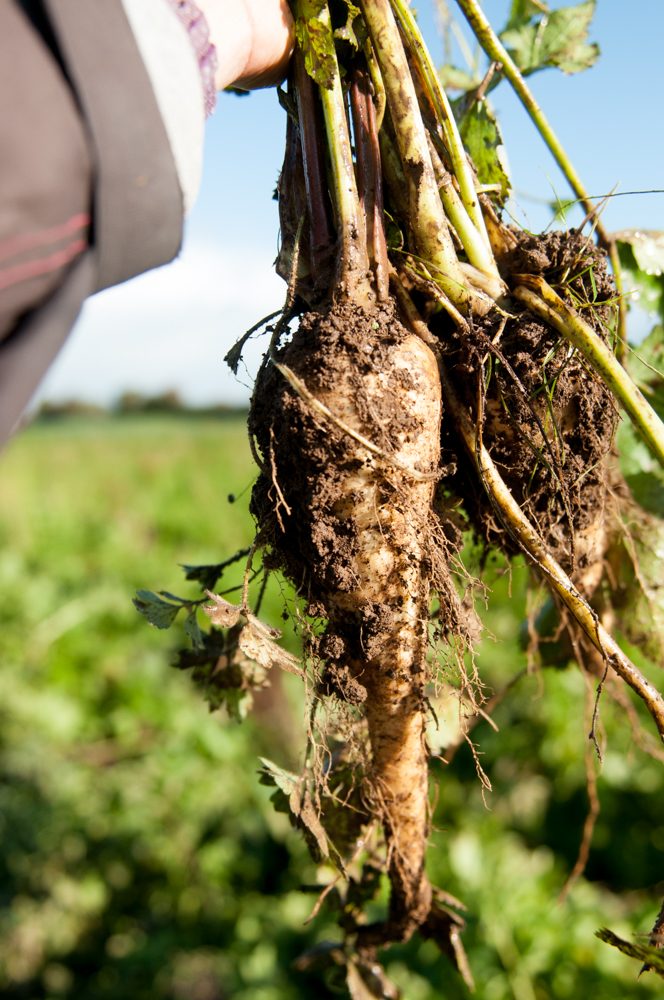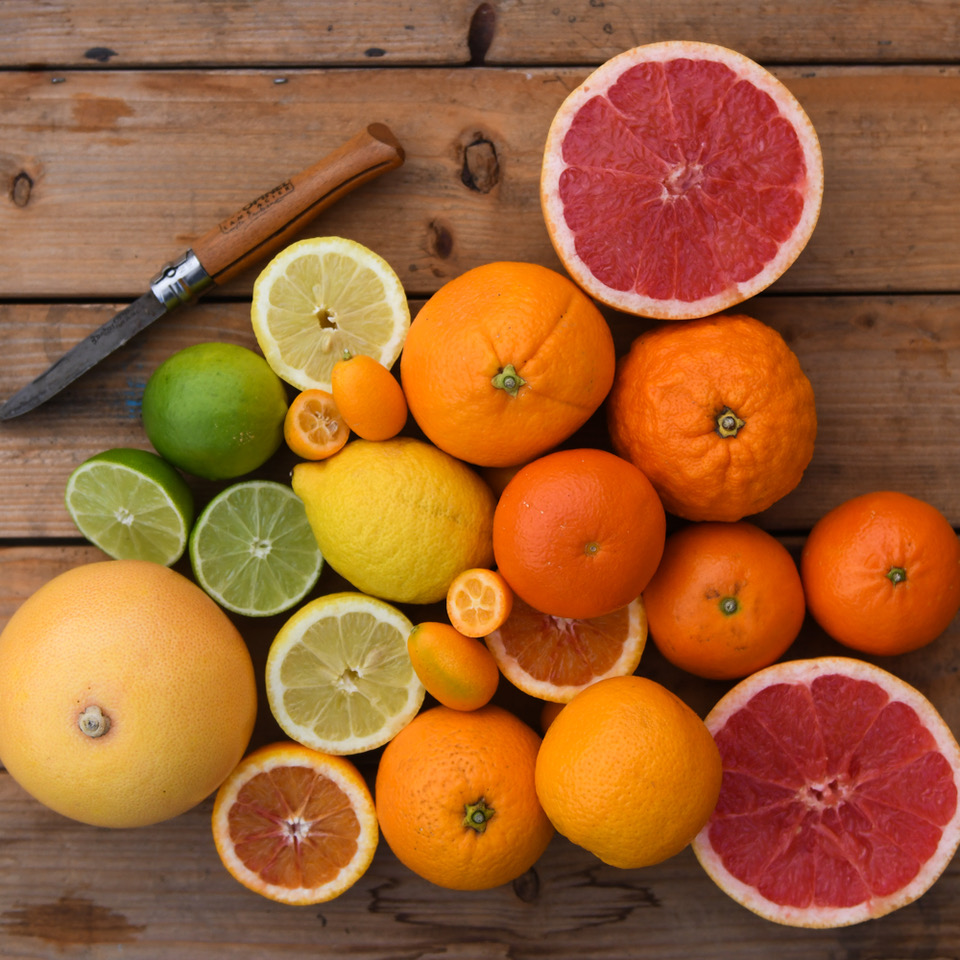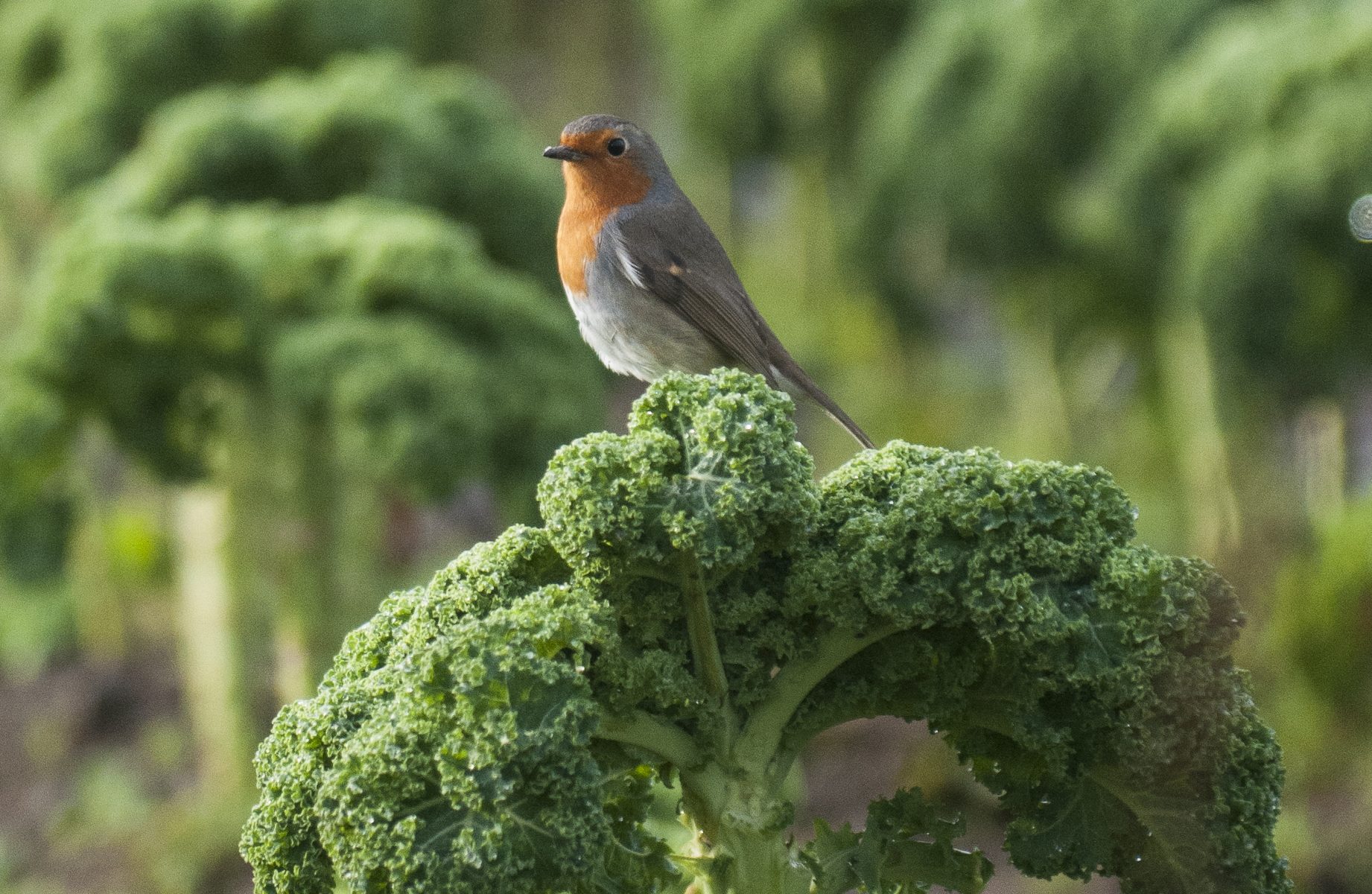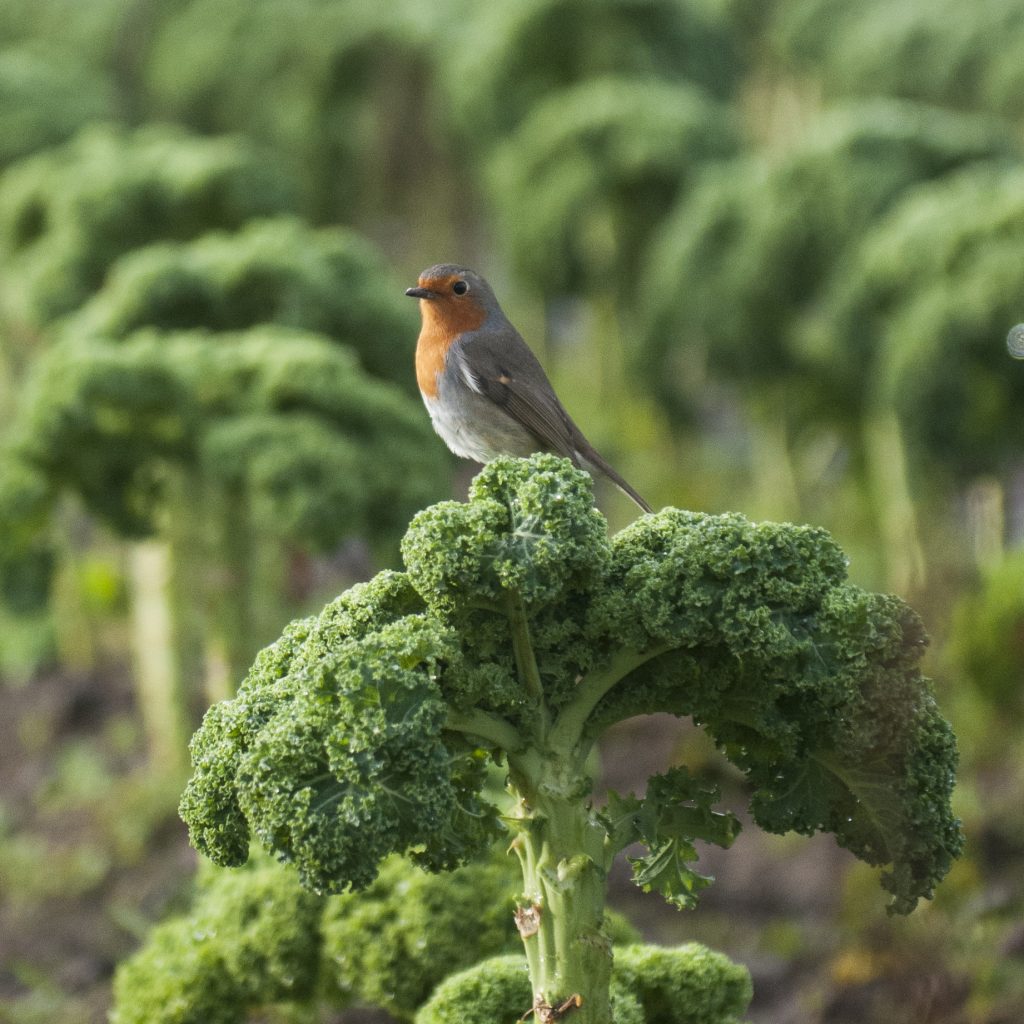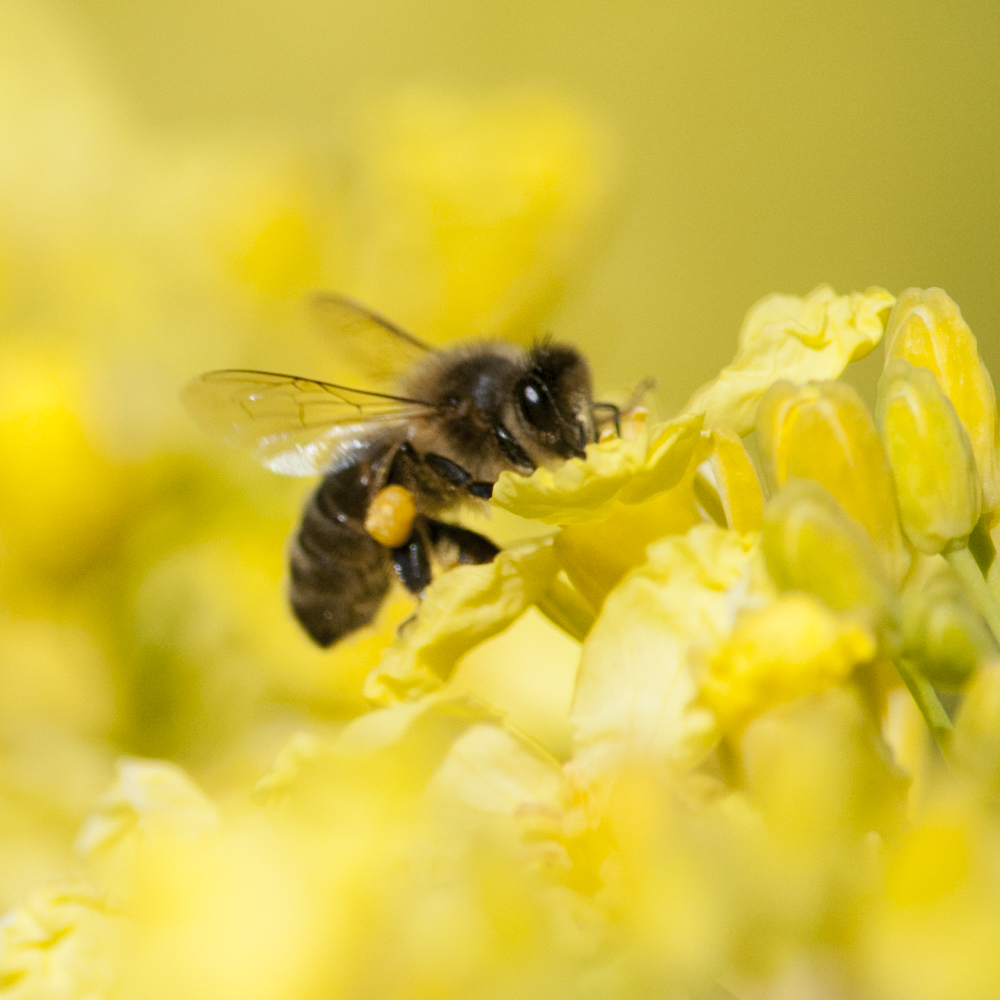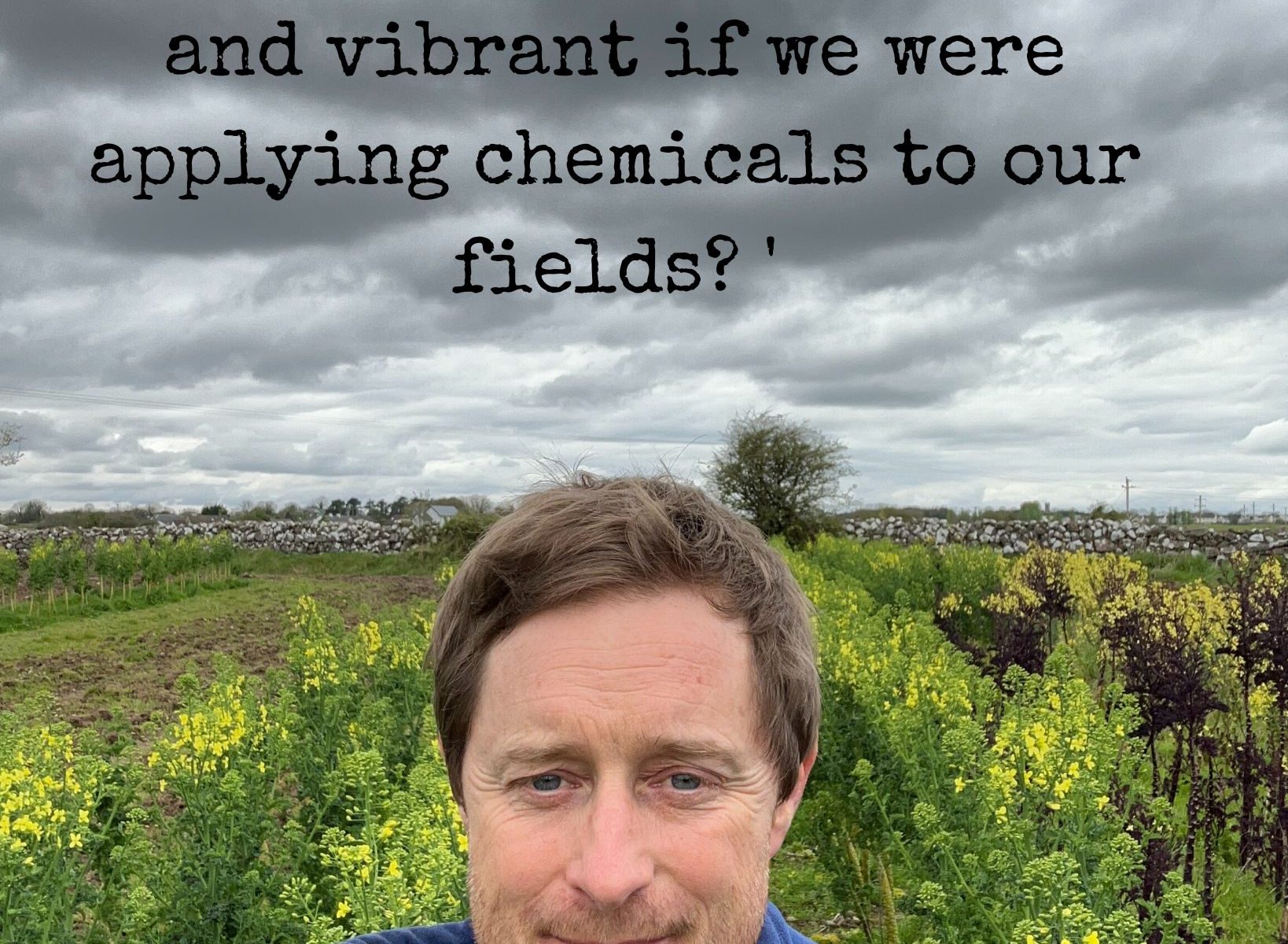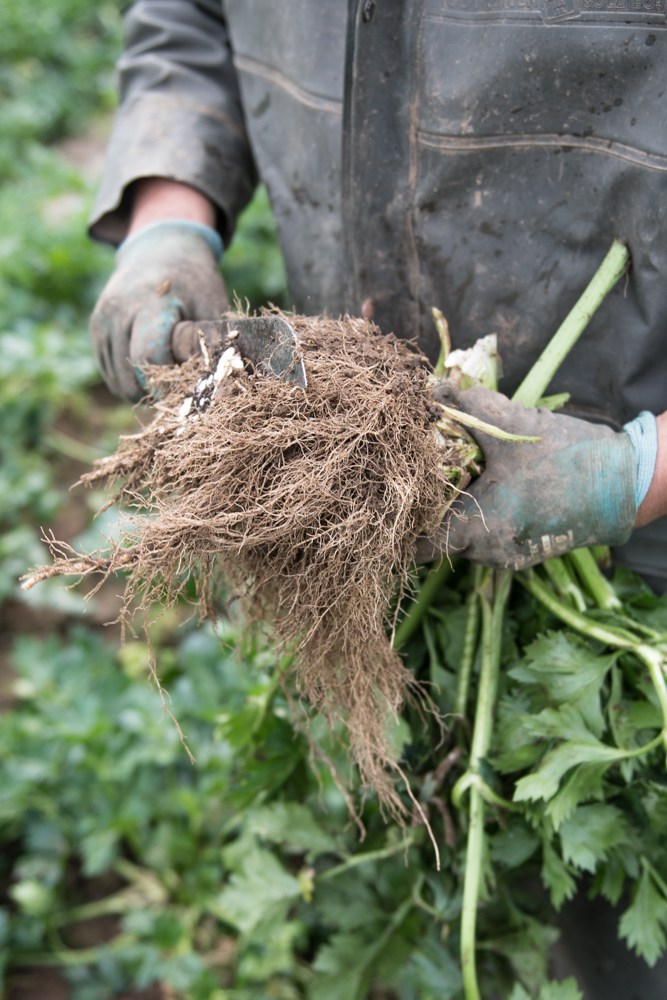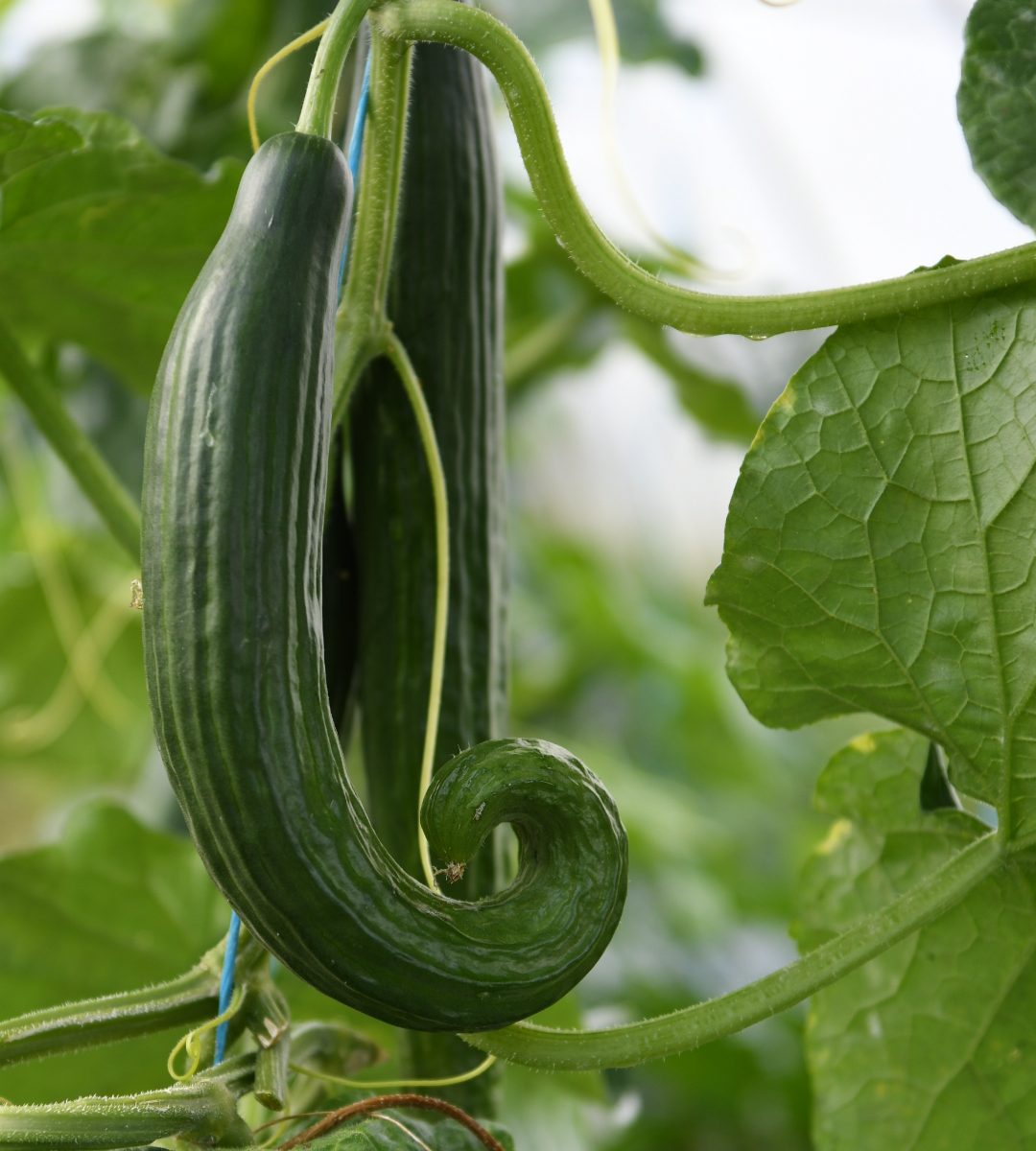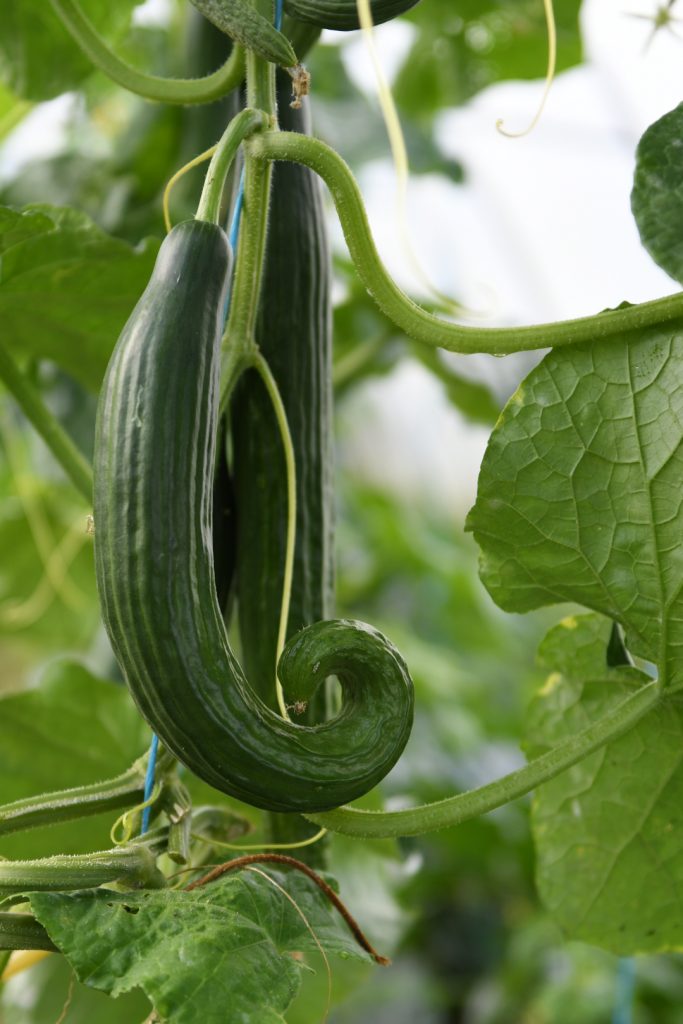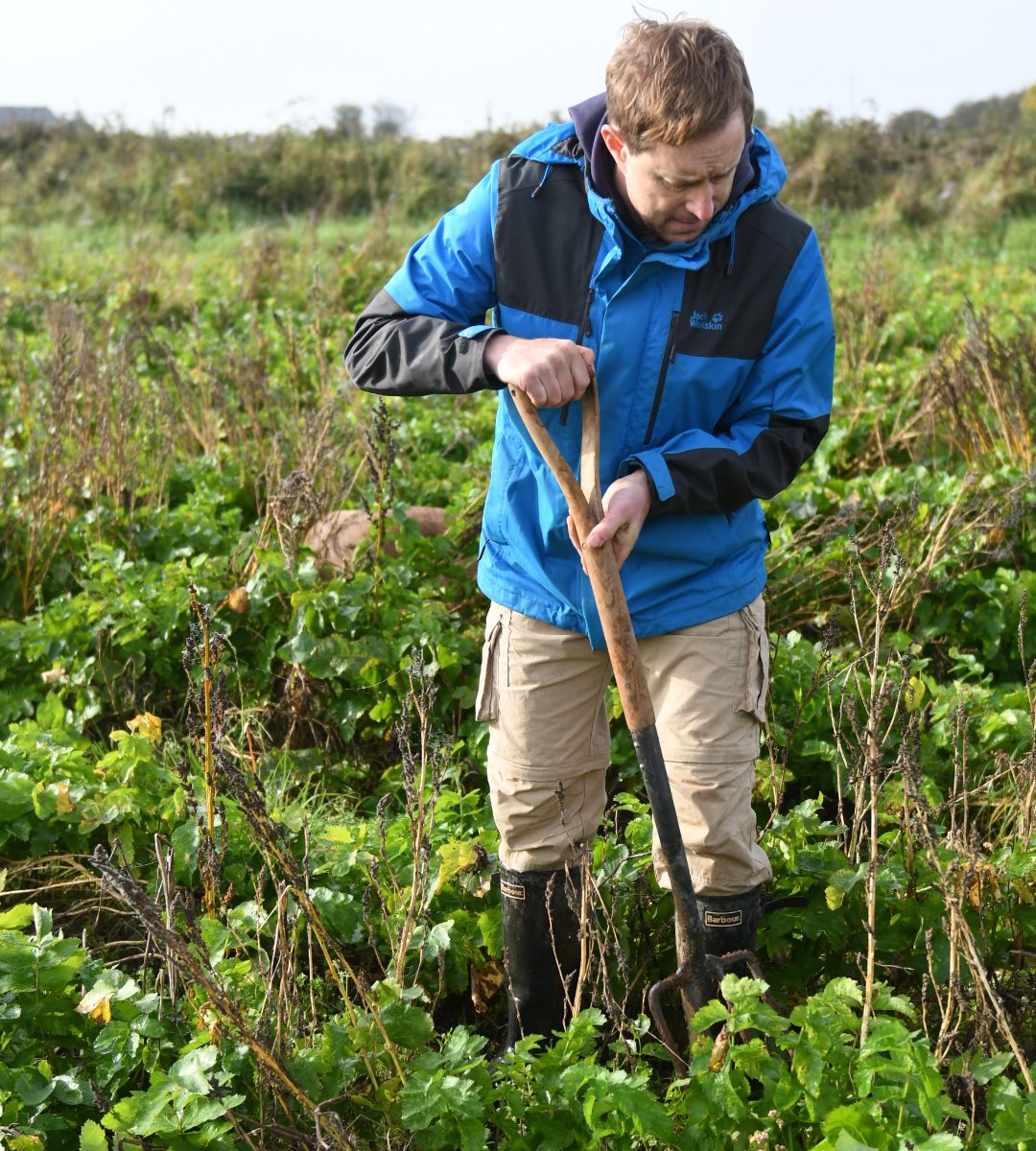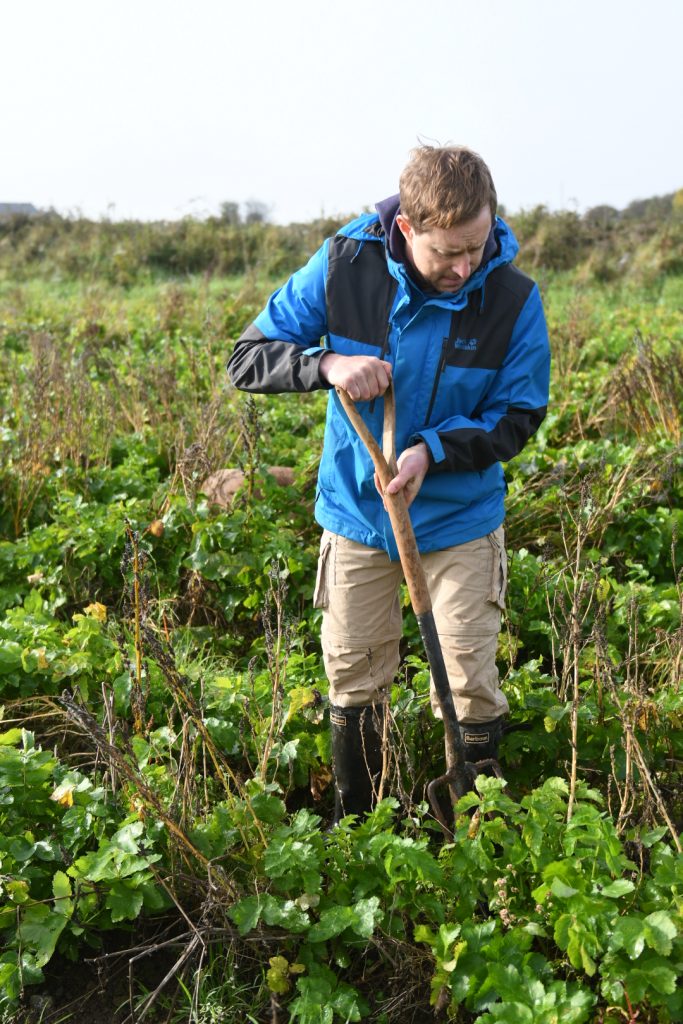GMOs in our food, no thanks.
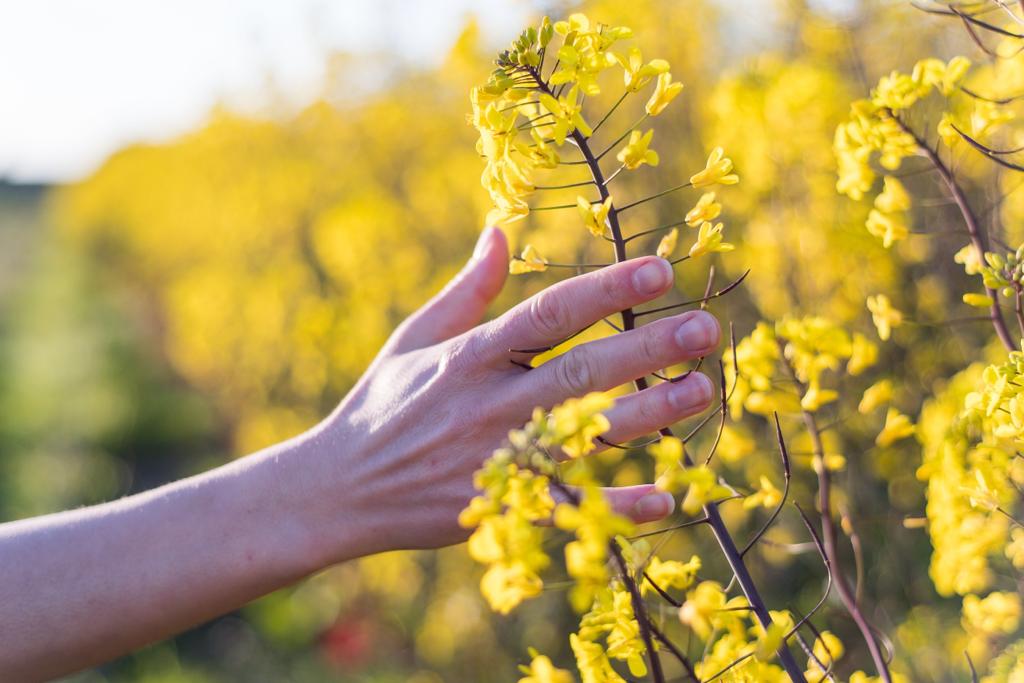
“Just because we can do something, doesn’t mean we should”.
We all have a right to know how our food is grown, what is in and on it, and more fundamentally whether the genetics of the plants and food we are eating have been messed with in a lab.
The idea of modifying food for the betterment of society is a good one and in principle it seems straight forward. But the promised results from genetically modified crops have not been realised, such as crops resistant to drought or pests.
The long-term impact of eating genetically modified plants is not well understood, nor is the impact on the environment. But setting that aside, it is the greed and the desire to patent and control our food system that tells us all we need to know to make the right decision when it comes to GMOs. In my view the right decision is to keep genetically modified crops out of our food system.
It is clear that the driving force for genetically modifying our food is driven by the desire of a handful of giant agri-corporations to control our food chain. Manipulation of the genetic makeup of crops allows these corporation to patent “their” crops and hence own a piece of our food system whilst making billions of dollars in the process. (as has already happened around the world with “Roundup Ready Soya”)
To think that we can replicate the careful complex modification of plants, through thousands of years of evolution by nature, in a lab, in the space of months, by splicing pieces of foreign DNA or modifying the plants own DNA is ambitious and/or insanely arrogant.
Apart from conferring increased resistance to a toxic weedkiller, the promised benefits have not yet been demonstrated and there are large safety concerns about releasing untested genetically modified crops into nature.
The release of these plants into nature then becomes an uncontrolled experiment and one that may be difficult to roll back if the outcome is not as we would like.
Up to this point genetic engineering has in the main, been used to confer herbicide resistance to a few key commodity crops, hence allowing larger amounts of Roundup to be applied, adding to the toxic load in our food and on our planet.
There is no argument that can justify owning the rights to our food system, end of story.
There are currently strict EU rules on the authorisation and labelling of genetically modified organisms (GMOs). They allow farmers, food producers and consumers to choose and to opt for GMO-free food.
However, the European Commission wants to scrap this legislation and allow a new generation of GMOs, to enter our food system, without any labelling or safety checks. Essentially, they will be treating these “New genomic technique” modified crops the same as conventional crops.
I for one like to know what is in and on my food, I like to know its origin and I want to know that the food I am eating has not been genetically modified, if you are of a similar opinion then please sign this petition to help the EU politicians to take the right decision in this case and continue the ban of GMOs in our foodchain.
Thank you for supporting a sustainable food system.
Kenneth
PS It’s been a busy week, and we are ramping up for a manic packing and delivery week, next week. Thank you to all who have placed an order, and if you still have not there is plenty of time.
Please get your orders in over the weekend, but you will have up to your normal delivery deadline to get you orders in, if you are unsure of when that is you can click here to find out.
ALL DELIVERY DAYS AND DEADLINES REMAIN THE SAME FOR THE WEEK AHEAD! THANK YOU ALL FOR YOUR SUPPORT, IT KEEPS US IN OUR JOBS AND KEEPS OUR FARM AND OTHER IRISH ORGANIC FARM’S FUTURE SAFE.
PLACE YOUR CHRISTMAS ORDER NOW FOR DELIVERY NEXT WEEK
MAKE YOUR CHRISTMAS MEAL A SEASONAL LOCAL ORGANIC ONE!

